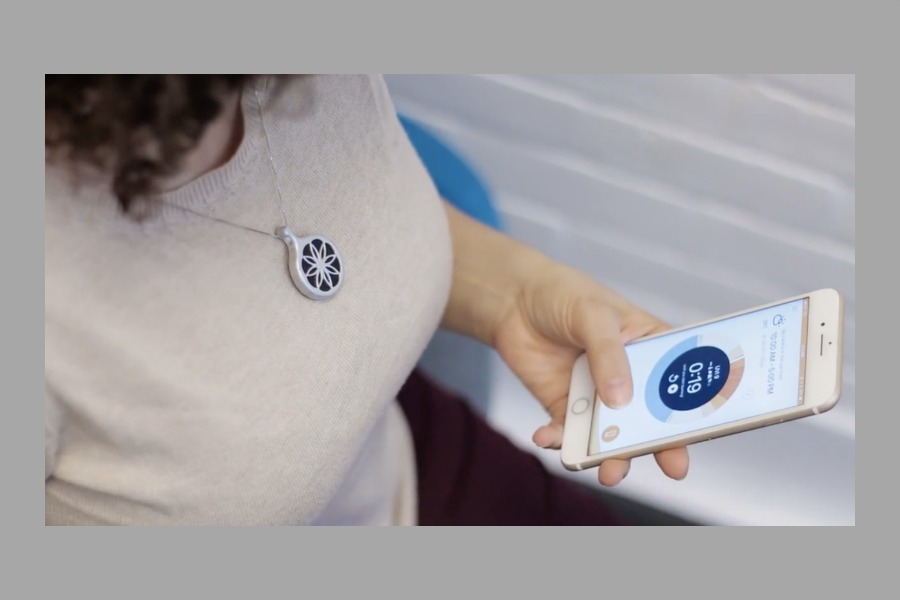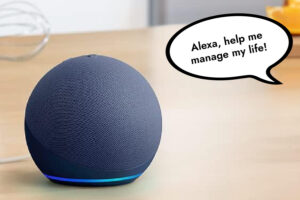Putting sunscreen on kids can be a battle, but with the new QSun, you might be able to save yourself some of the heartache. No, sorry, it doesn’t automatically protect your kids from sun exposure, but it does alert you when you’ve reached the maximum threshold.
Related: How to avoid getting sunburned? Get sunscreenr.
This tiny little gadget actually tracks sun exposure to help you prevent skin damage while maintaining healthy vitamin D levels, notifying you when you (or anyone wearing it) are about to get sunburned. Using Artificial Intelligence (AI), QSun actually monitors and analyzes your sun exposure in real time, combining your skin type, environmental situation, and your sun safety habits to give you custom recommendations. So, instead of you having to drag your kids off the beach to reapply, you can let the gadget do the yelling, or rather, beeping. And better, if you lose track of time, you can rely on QSun to remind you when they need more sunscreen.
Related: The best sunscreens for kids – a price comparison
And if you lean towards Vitamin D deficiency like me (especially in those winter months), QSun will alert you to your levels so you can better manage it with dietary changes, if necessary.
Their Kickstarter has already been funded, so gadgets should be in hands by this summer. If you want to get in on their early bird deal, head over to the QSun page and snatch one up before they’re gone.







What we really need is a sensor that tells us when we are not getting enough sun exposure! A 20 year Swedish study demonstrated that women who were always seeking the sun, had half the risk of all-cause death, compared to women who stayed indoors. A basic premises of this article is that sun exposure causes melanoma. That premise is not true. Blocking too much sunlight can be dangerous, and the best way to avoid sun damage is to cover up or find shade when you have had enough. Conventional sunscreen is filled with toxic chemicals that may cause cancer. Avobenzone and oxybenzone are two of the worst. Sunscreen can block up to 99% of vitamin D production in the skin. Isn’t it interesting that each year the use of sunscreen increases, and each year the risk of melanoma increases? It is not sun exposure that causes health problems; it is sun deprivation. The latest research shows that sunscreen is leading to widespread vitamin D deficiency. For more information, visit sunlightinstitute.org